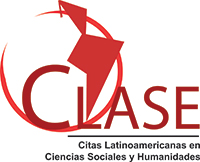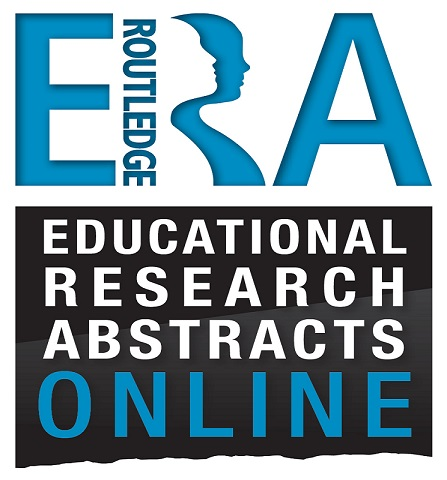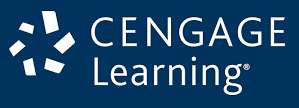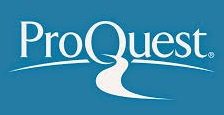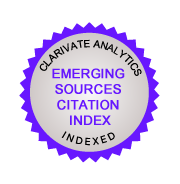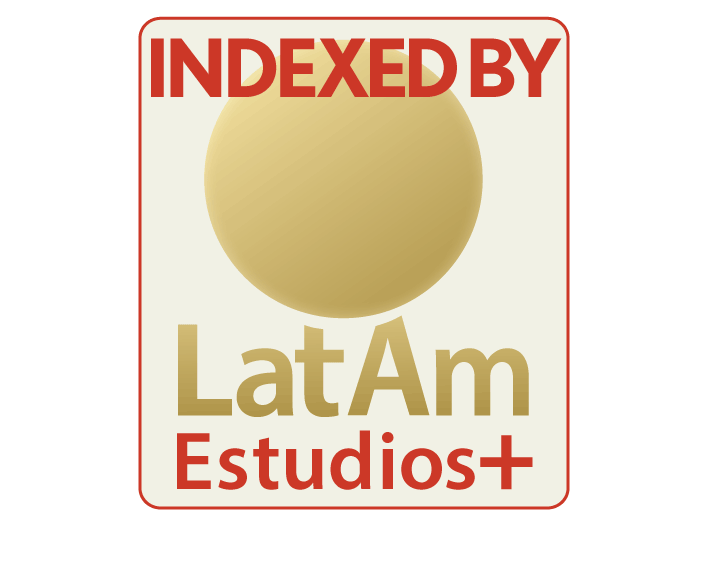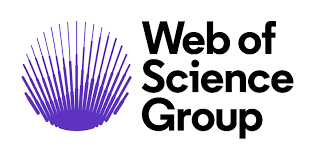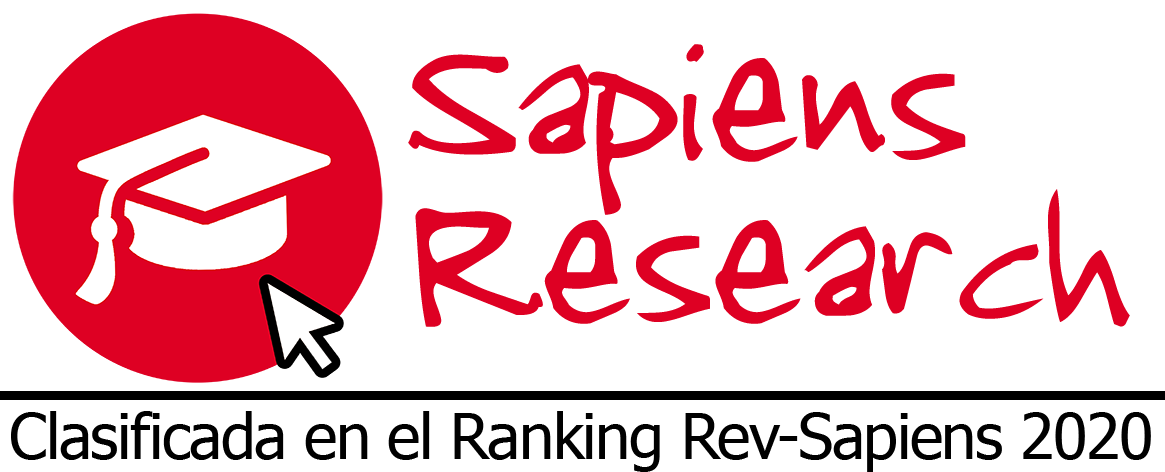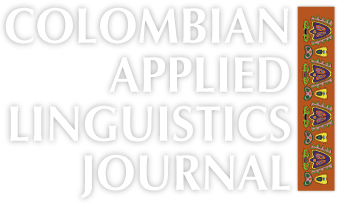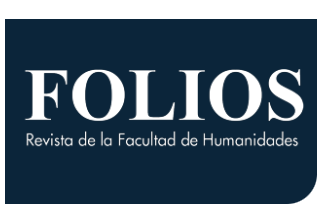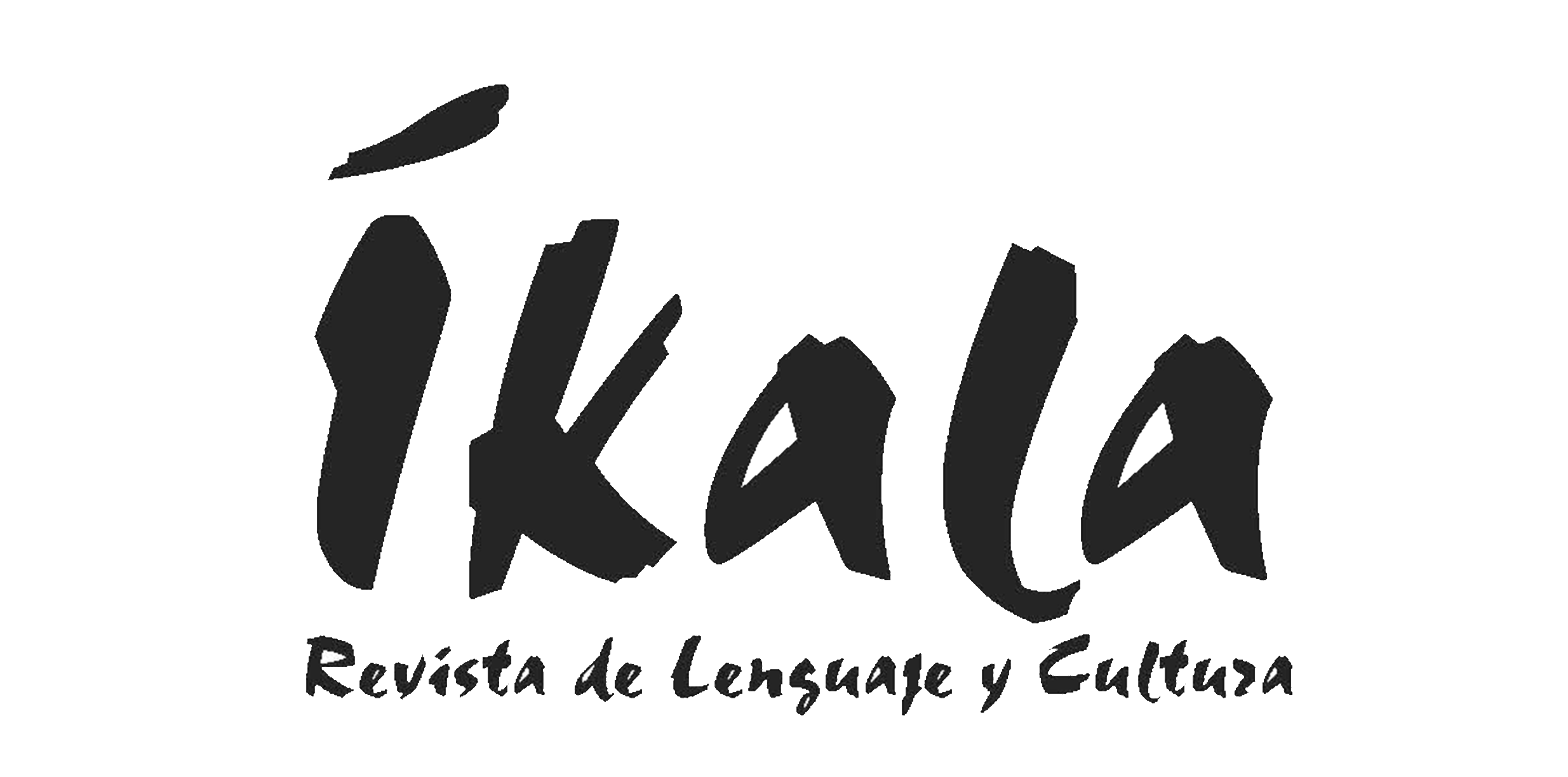Editorial
https://doi.org/10.15446/profile.v19n_sup1.68446
Supplemental Issue: Language Teaching Worldwide
How to cite this article (APA 6th ed.):
García-Laborda, J., & Madarova, S. (2017). Editorial: Supplemental issue: Language teaching worldwide. Profile: Issues in Teachers' Professional Development, 19(Suppl. 1), 7-8. https://doi.org/10.15446/profile.v19n_sup1.68446.
This is an Open Access article distributed under the terms of the Creative Commons license Attribution-NonCommercial-NoDerivatives 4.0 International License. Consultation is possible at http://creativecommons.org/licenses/by-nc-nd/4.0/.
Journals tend to be regional in the sense that their readership usually focuses on its own personal scope. For instance, it is hard to find a truly international journal with papers from many different countries. However, this time Profile journal has made a major effort to obtain valuable contributions from beyond the South American continent. In fact, this special issue brings together a number of very appealing topics which reflect on a common tendency. There is a clear orientation towards technology-based language teaching which can be seen in many parts of the world. This is the case of Coskun’s paper on a novel approach to complementing classroom presentations through the Pecha Kucha style (http://www.pechakucha.org/), which makes long presentations accessible and controllable in the classroom. The paper is especially appealing because it also addresses collaborative and online language learning with which to prepare presentations as a group. Thus, the focus of the learning process is given to the students. This is precisely the case of Amengual-Pizarro and García-Laborda and of Valencia Robles, who address the impact of a relatively new exam (APTIS) on students’ perceptions of its usability. Valencia Robles concludes that in computer-assisted language testing it is equally important to be familiar with the test delivery system as it is to be familiar with the tasks themselves. Familiarity is also a key matter for Nuket Gunduz and Deniz Ozcan in the optimal use of Moodle for learning. Next, Esen Sucuoğlu examines the perceptions of English language teachers regarding contemporary language teaching techniques. Another quite appealing article is one by Hmidani on teaching the English temporal system to Arab English learners. Two other interesting articles close this monograph, one with a revision of the bibliography in Scopus regarding mobile language learning and the other on foreign languages and gifted children.
All in all, these articles make up a valuable volume on realities that are somewhat different from those usually attributed to the Profile journal readership. As the editor of this volume I think the articles will surely be of great interest to a very large audience.
Note: These articles are enlarged, unpublished versions of papers delivered at the following conferences: 4th Global Conference on Linguistics and Foreign Language Teaching (LINELT-2017; Antalya, Turkey); 9th World Conference on Educational Sciences (WCES-2017, Nice-France); and 7th World Conference on Learning, Teaching, and Educational Leadership (WCLTA 2017, Budapest-Hungary). The organizers would like to express their gratitude to the editors of Profile journal for the opportunity to share this knowledge and work with its readership. All of these papers have been subjected to triple peer review and scanned with Turnitin.
Jesús García-Laborda
Slavka Madarova
Guest Editors
Cómo citar
APA
ACM
ACS
ABNT
Chicago
Harvard
IEEE
MLA
Turabian
Vancouver
Descargar cita
Licencia
Derechos de autor 2017 PROFILE Issues in Teachers' Professional Development

Esta obra está bajo una licencia internacional Creative Commons Atribución-NoComercial-SinDerivadas 4.0.
Los contenidos de la revista Profile: Issues in Teachers' Professional Development son de acceso abierto y los cubre la Licencia Creative Commons Atribución-NoComercial-SinDerivar 4.0 Internacional. Se autoriza copiar, redistribuir el material en cualquier medio o formato, siempre y cuando se conceda el crédito a los autores de los textos y a la revista Profile: Issues in Teachers' Professional Development como fuente de primera publicación. No se permite el uso comercial de copia o distribución de contenidos, así como tampoco la adaptación, derivación o transformación alguna de estos sin la autorización previa de los autores y de la Editora de la revista Profile: Issues in Teachers' Professional Development.
Los autores conservan la propiedad intelectual de sus manuscritos con la siguiente restricción: el derecho de primera publicación es otorgado a la revista Profile: Issues in Teachers' Professional Development.






